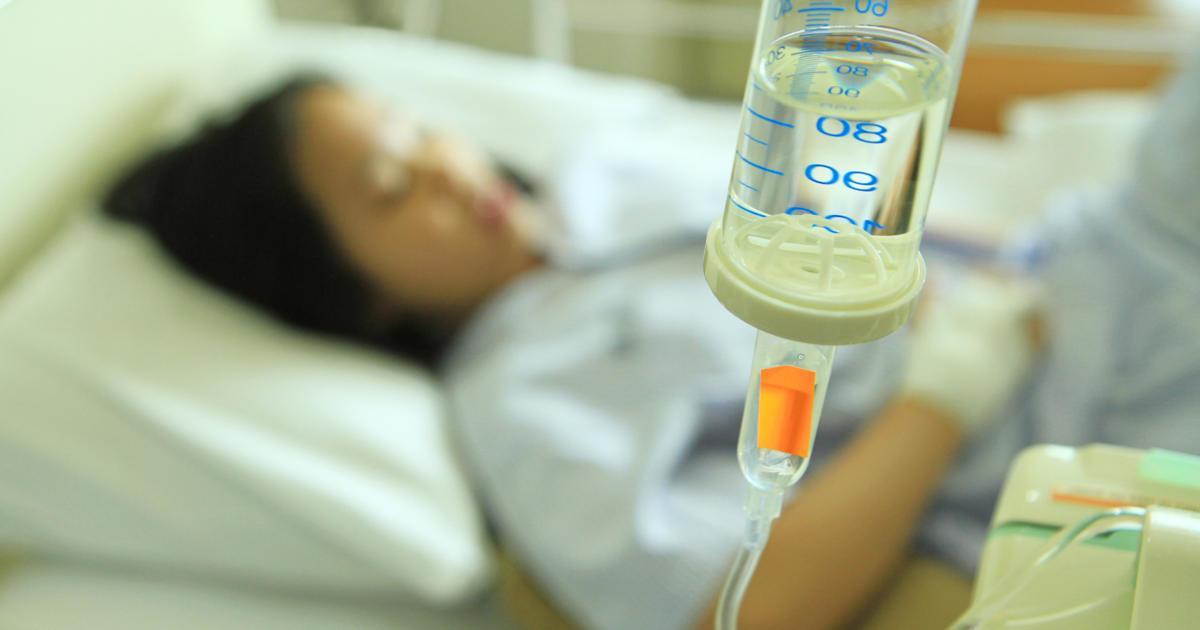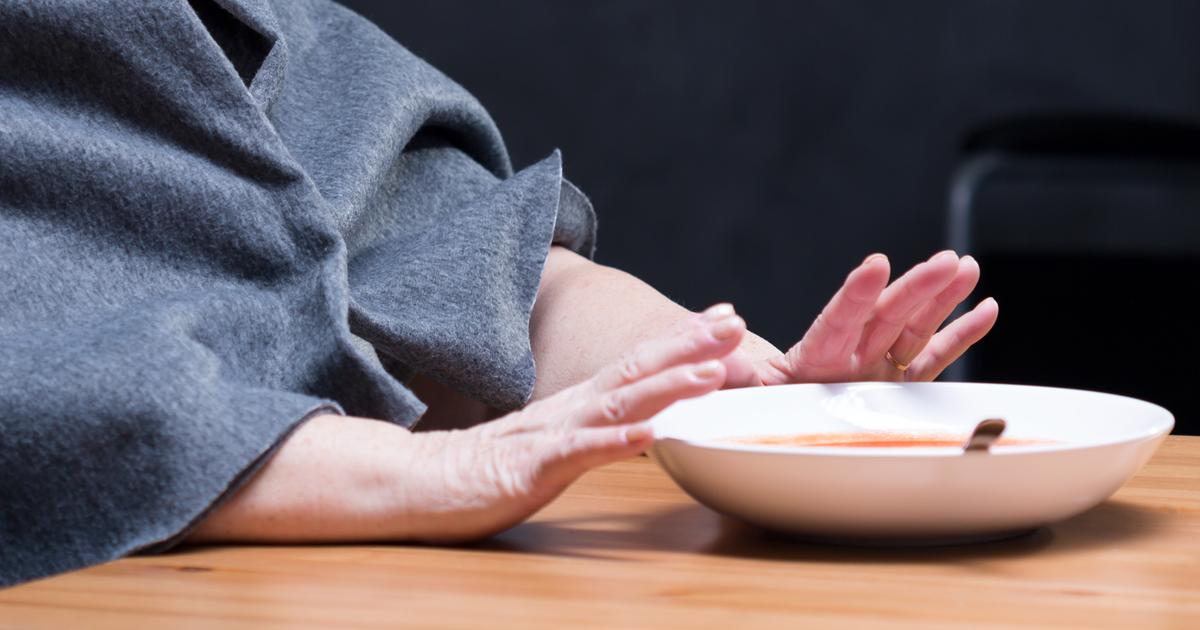Common Causes Of A Biotin Deficiency
Biotin is part of the vitamin B family. It is part of the vitamins responsible for breaking down food and converting it to energy. Biotin is primarily responsible for skin, nail, and hair health. Additionally, it helps regulate blood sugar and bad cholesterol. Biotin is not produced by the body, but by the bacteria in the gut, and does not spend a long time in the body. Biotin is found in a lot of foods, so it is not common to find someone with a biotin deficiency. Some signs of a deficiency include dry skin, dry eyes, red rashes, hair loss, muscle pain, fatigues, and many other general symptoms. Because of the generality of the symptoms, it can be misdiagnosed. It is important for doctors to run some bloodwork to see if patients are deficient in biotin or if their symptoms are due to another condition.
There are several causes of a biotin deficiency. Reveal them now!
Biotinidase Deficiency

Biotinidase deficiency is a rare, genetic disease that results in the body not properly processing biotin. It is the result of a mutation of the BTD gene. Since biotin is essential in the metabolic process, it causes problems with various bodily systems when it is not processed properly. Since it is a genetic disorder, biotinidase deficiency can be seen shortly after birth by some symptoms, including widespread skin rash, poor muscle tone, and hair loss. The primary treatment for a biotin deficiency because of this genetic mutation is oral biotin supplements to replace what the body should have been able to process. It is possible someone with this disorder will have to take the biotin for their entire life. With proper treatment, the symptoms should dissipate and go away. Additionally, patients might be able to find clinical studies on biotinidase deficiency and be eligible for participation.
Learn about more causes of a biotin deficiency now.
Intravenous Feeding

Intravenous feeding can lead to biotin deficiency because the patient is not getting the necessary nutrients and foods that naturally contain the vitamin. This kind of feeding is used when the patient's digestive tract cannot properly absorb nutrients, or they are not capable of eating solid foods on their own. Then, the nutrition is given to them through their veins. To eliminate this side effect of intravenous feeding, vitamin supplements including biotin should be given to the patient until they can eat solid food again. Without a supplement, patients might present with some, probably more than one, of the symptoms associated with a biotin deficiency. When that happens, it could compromise their health and lead to complications. Therefore, the vitamin levels need to be checked routinely and adjustments made based on the results of such blood tests.
Continue reading for more information about what causes a biotin deficiency now.
Certain Medications

Certain medications can have an effect on different parts of the body. Because medications are broken down by the liver, biotin can decrease the rate at which it happens. This can be more prevalent with some medications and must be evaluated by a doctor. Patients may need to adjust their medication if they find out they are not absorbing it properly. Not only can the absorption be affected, but the side effects of the medications can be changed when it enters the liver. Furthermore, certain medications can actually reduce the level of biotin in the body, causing a deficiency. So, just like it is important to compare drugs for contraindications, it is important for patients to discuss with a doctor if their medication will have an effect on their biotin levels. The last thing patients want to do is suffer more symptoms by taking a new medication. Individuals may need to implement the use of a supplement so they can keep their body working properly.
Get the details on more causes of a biotin deficiency now.
Prolonged Restrictive Dieting

Prolonged restrictive dieting can result in many different kinds of vitamin deficiencies, including biotin. When individuals are not getting the appropriate foods through a healthy diet, they cannot get the nutrients they need to keep their body working properly. And since the body does not produce biotin and needs to get it from food, when food is restricted, it can cause a deficiency. However, if patients are subjecting their body to a prolonged restrictive diet, there may be underlying medical conditions present. Taking a supplement will only treat the symptom of the restrictive diet, not the cause. Patients can suffer many of the symptoms caused by a biotin deficiency and create more health issues. It is important even if an individual's diet is restrictive that they get enough of the vitamins and nutrients their body needs to properly function on a daily basis.
Discover more potential causes of a biotin deficiency now.
Intestinal Conditions

Because biotin is also created by the bacteria in the gut, if individuals have any intestinal conditions, they might suffer from a biotin deficiency. Additionally, because of these conditions, the food individuals are eating might not get processed properly and they might not be absorbing the nutrients properly. It is important to obtain routine testing to make sure supplements don't need to pick up the slack because of the underlying illnesses. Some of these illnesses that can cause a biotin deficiency include Crohn's disease and colitis. These illnesses cause gastric distress and can result in the evacuation of food before it is absorbed by the body for the many uses it is needed for. So, if patients have one of these kinds of illnesses, they should discuss their overall health with a medical professional to make sure all aspects are considered.